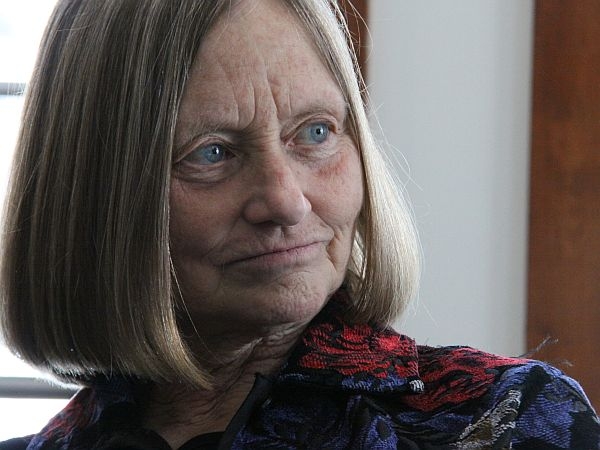
The Vermont House is preparing to debate the budget and a number of new tax proposals this week, and House leaders are already trying to line up votes for a $1.3 billion plan that includes a contentious bid to cap welfare benefits.
Since national welfare reform in the 1990s, Vermont hasn’t limited how long someone can collect benefits. But the budget before the House this week would set time limits for the program known as Reach Up.
"When welfare reform happened, people were very concerned with the changes that came with it and I think they probably didn’t want a time limit," said Rep. Martha Heath, D-Westford, chairwoman of the House Appropriations Committee, which proposed a five-year limit on welfare benefits – a move that Heath admits could strain the state’s social service budget.
"But we’d rather have people being served in other systems than in a program that is designed to get people to work," Heath argued. "Thirty-five other states have that limit and other states have limits that are less than 60 months. So I don’t find it arbitrary."
Advocates for the poor strongly disagree, saying without additional, immediate support, the state can’t afford to cap welfare benefits.
"The Reach Up program works and arbitrary time limits don’t," said Chris Curtis, a staff attorney with Vermont Legal Aid. Curtis said the proposal contradicts evidence from other states like Maine, which have recently restricted welfare benefits, that shows the cost to working families could be severe.
"Homelessness, family destabilization, economic destabilization and the consequences to budgets are really harsh," Curtis said. "In Maine, they have skyrocketing costs to their general assistance program. We’re already maxed out."
Gov. Peter Shumlin has pushed for the change for months, noting that Vermont is the only state in America that has unlimited Reach Up benefits. Shumlin has argued that his own plan would eliminate other problems for the poor.
 "We’re a state that punishes folks – takes away benefits – when they start to get a job and move up the economic ladder," Shumlin said. "That makes absolutely no sense. So I believe in the end the Legislature will adopt our plan."
"We’re a state that punishes folks – takes away benefits – when they start to get a job and move up the economic ladder," Shumlin said. "That makes absolutely no sense. So I believe in the end the Legislature will adopt our plan."
House Speaker Shap Smith said the budget spends less than the governor proposed, and a companion tax bill would raise less money. But Smith says the House plan leaves more money in reserves in case there are additional federal cuts.
"We were trying to make investments that make sense but recognize that we will face further downgrades from the federal government," Smith said. "We need to face that fact and understand that with investments that we’re going to make we may be bearing a greater burden for it over time."
The House budget would also invest in higher education, health care, lower income heating assistance and child care. It comes up for a full debate on Thursday and Friday.